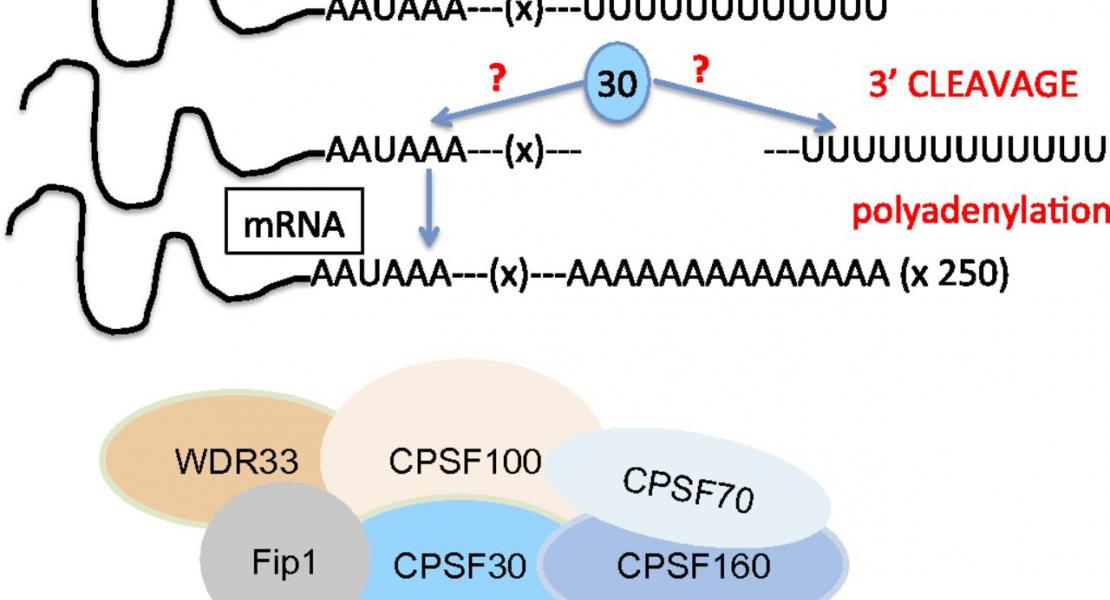Degradation of host microRNAs by poxvirus poly(A) polymerase reveals terminal RNA methylation as a protective antiviral mechanism

Abstract
The life cycle of several viruses involves host or virally encoded small noncoding RNAs, which play important roles in posttranscriptional regulation. Small noncoding RNAs include microRNAs (miRNAs), which modulate the transcriptome, and small interfering RNAs (siRNAs), which are involved in pathogen defense in plants, worms, and insects. We show that insect and mammalian poxviruses induce the degradation of host miRNAs. The virally encoded poly(A) polymerase, which polyadenylates viral transcripts, also mediates 3' polyadenylation of host miRNAs, resulting in their degradation by the host machinery. In contrast, siRNAs, which are protected by 2'O-methylation (2'OMe), were not targeted by poxviruses. These findings suggest that poxviruses may degrade host miRNAs to promote replication and that virus-mediated small RNA degradation likely contributed to 2'OMe evolution.
